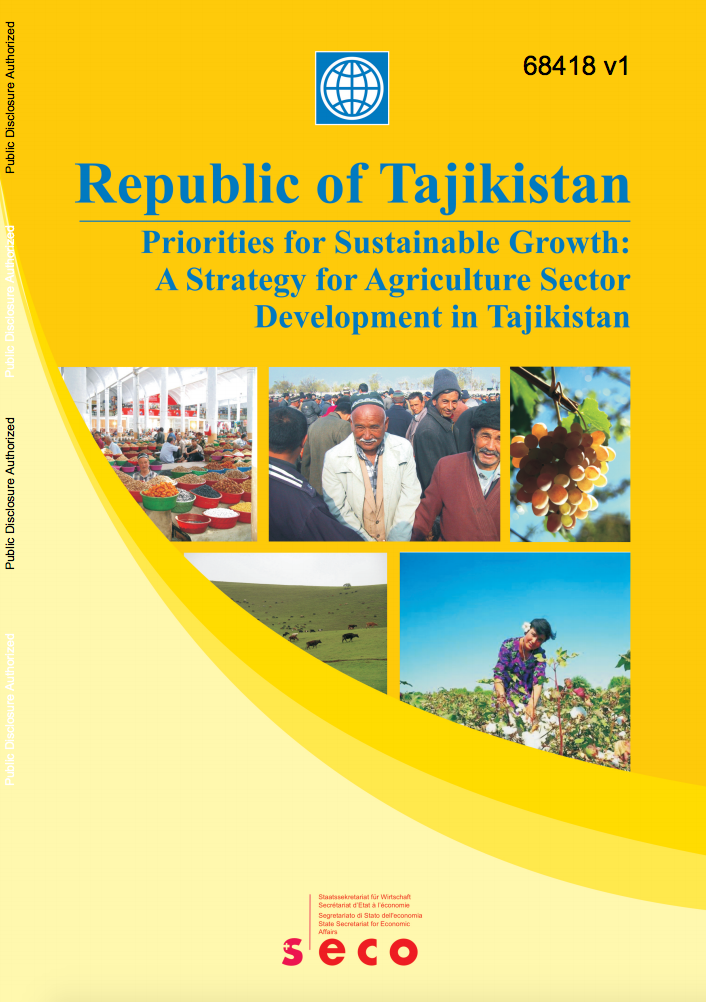Potential Gains and Losses of Biofuel Production in Argentina : A Computable General Equilibrium Analysis
Argentina is one of the world's
largest biodiesel producers and the largest exporter, using
soybeans as feedstock. Using a computable general
equilibrium model that explicitly represents the biofuel
industry, this study carries out several simulations on two
sets of issues: (i) international markets for biofuel and
feedstock, such as an increase in prices of soybean, soybean
oil, and biodiesel, and (ii) domestic policies related to


